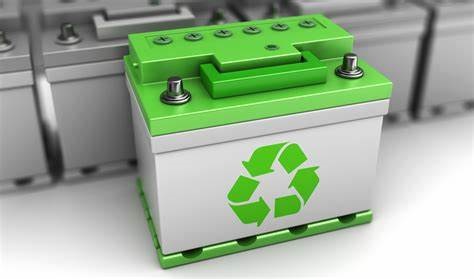Routine maintenance of lead-acid batteries is essential for several reasons to ensure their optimal performance, longevity, and, most importantly, safety. Here are the key reasons for conducting regular maintenance on lead-acid batteries.
- Prevent Sulfation:
- Over time, lead-acid batteries can develop sulfation, where sulfate crystals form on the battery plates. Routine charging and maintenance help prevent sulfation, ensuring the battery remains in good condition.
- Maintain Electrolyte Levels:
- Lead-acid batteries use a liquid electrolyte (sulfuric acid). Regular maintenance involves checking and maintaining proper electrolyte levels by adding distilled water as needed. Low electrolyte levels can lead to reduced battery capacity and performance.
- Avoid Corrosion:
- Corrosion can occur on the battery terminals and connections. Routine cleaning and inspection help prevent corrosion, ensuring a secure and efficient electrical connection.
- Extend Battery Life:
- Regular maintenance practices, such as proper charging, avoiding overcharging, and preventing deep discharges, contribute to extending the overall life of lead-acid batteries.
- Optimize Charging:
- Lead-acid batteries need to be charged regularly to maintain their capacity. Routine maintenance involves ensuring proper charging rates and durations, preventing undercharging or overcharging that can affect battery performance.
- Prevent Overheating:
- Overcharging or excessive discharging can lead to overheating, reducing the battery’s lifespan and posing safety risks. Regular maintenance helps monitor and control charging parameters to prevent overheating.
- Detect and Address Issues Early:
- Routine inspections allow for the early detection of potential issues such as leaks, physical damage, or manufacturing defects. Addressing these issues promptly can prevent more significant problems and potential safety hazards.
- Ensure Safety:
- Lead-acid batteries contain sulfuric acid, which is corrosive and can be hazardous. Regular maintenance includes handling the batteries with care, wearing appropriate protective gear, and following safety guidelines to ensure a safe working environment.
- Optimize Performance in Extreme Conditions:
- Lead-acid batteries may experience reduced performance in extreme temperatures. Regular maintenance helps ensure that batteries are well-suited to the environmental conditions in which they operate.
- Prevent Internal Short Circuits:
- Regular inspections and maintenance help identify potential issues such as damaged plates or separators that could lead to internal short circuits. Addressing these issues early prevents battery failure.
In summary, routine maintenance of lead-acid batteries is crucial to prevent common issues such as sulfation, corrosion, and electrolyte loss. It also contributes to the safety, reliability, and longevity of the batteries, ultimately optimizing their performance and protecting the investment in the energy storage system.


